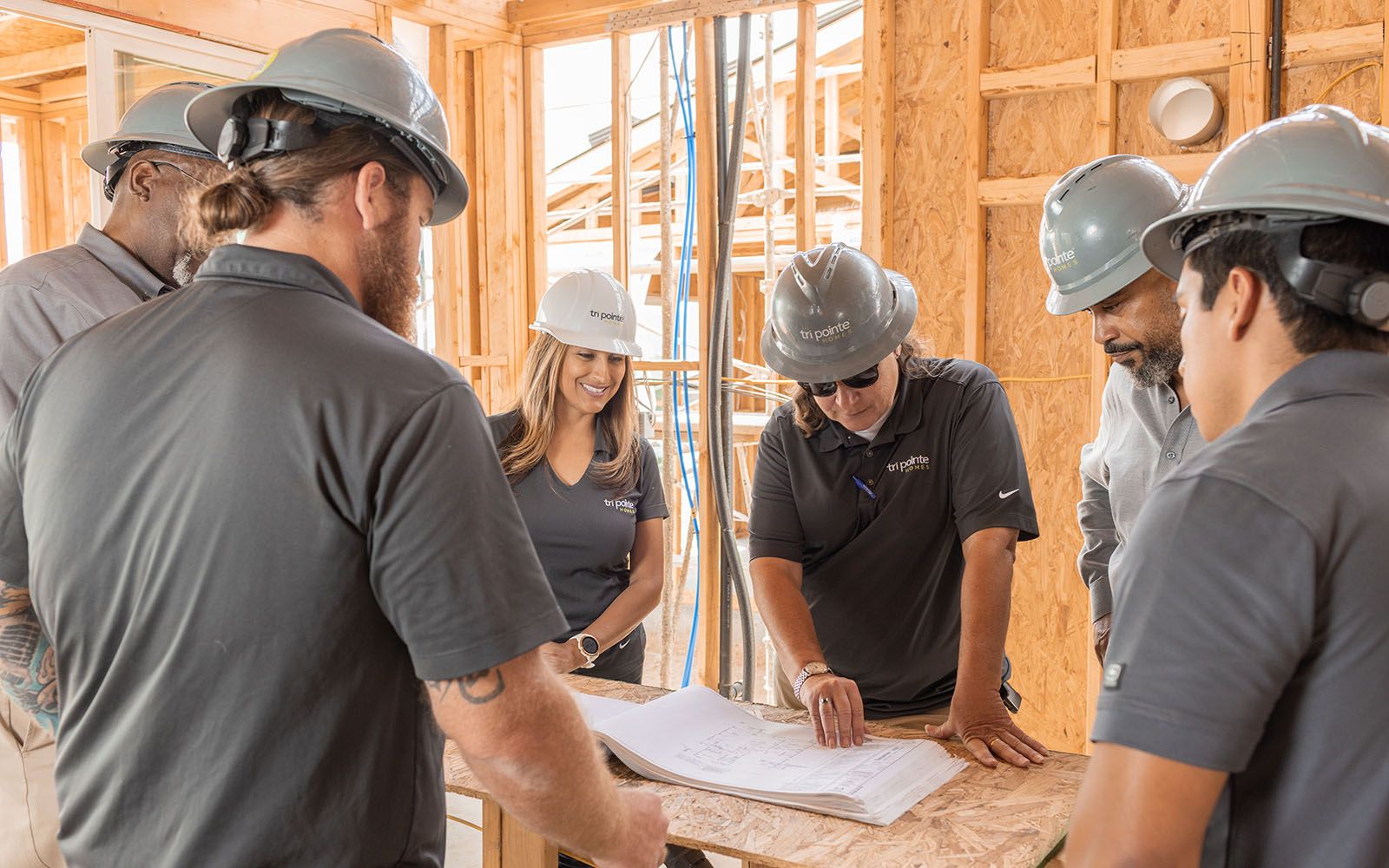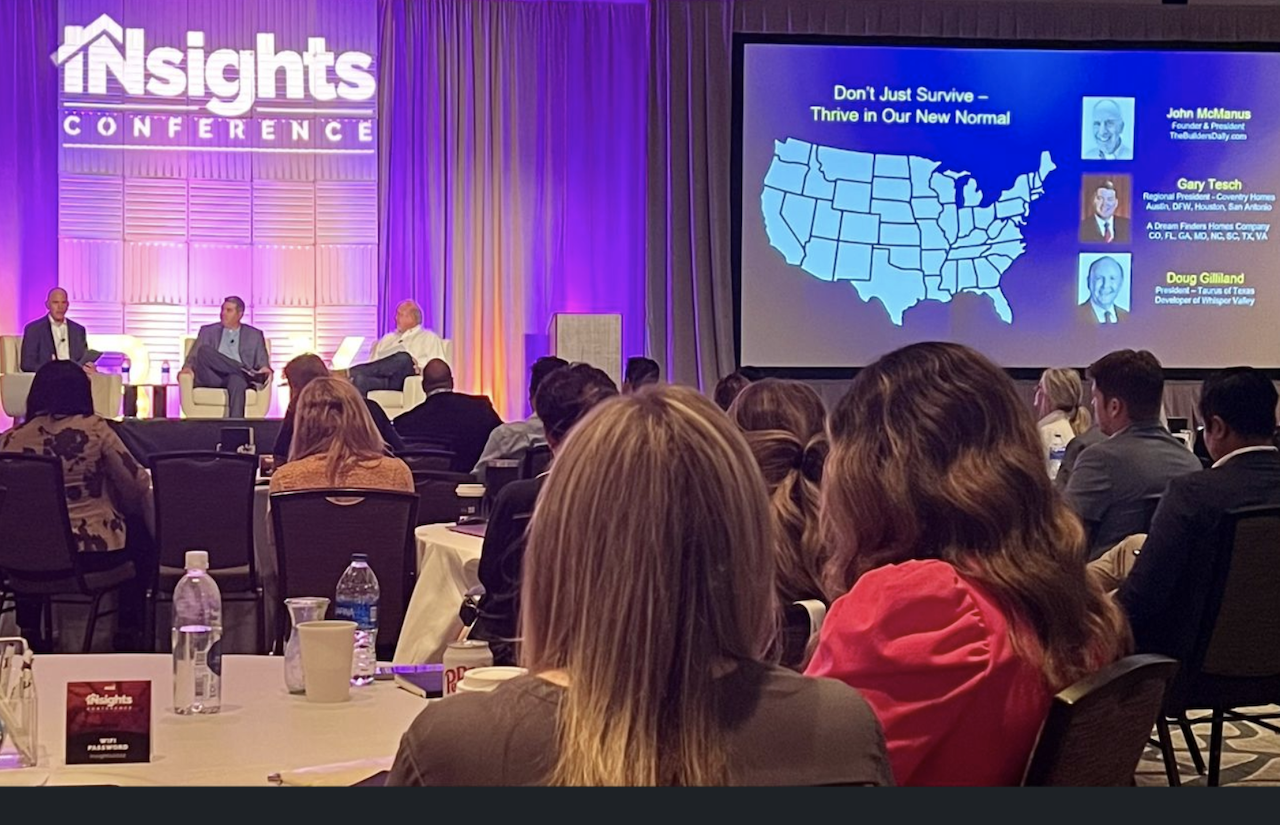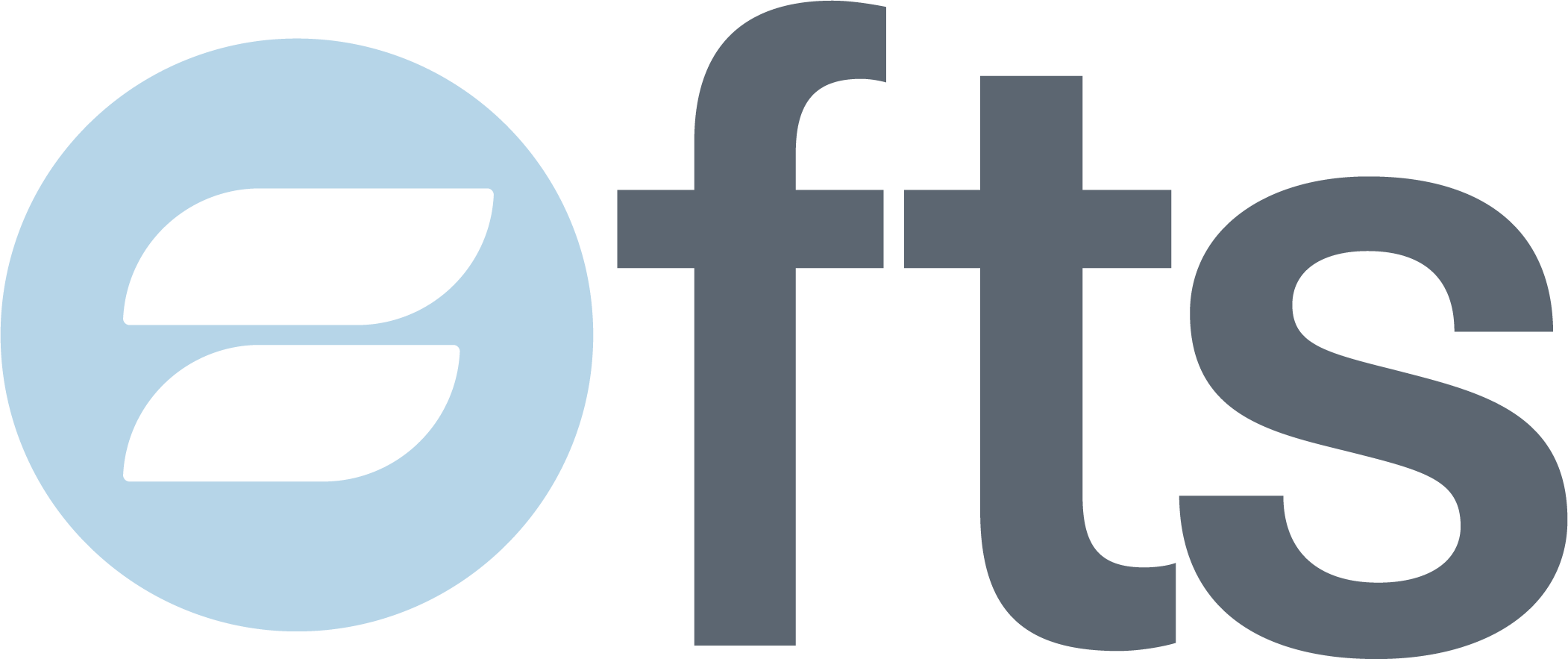Leadership
Beyond The Lists And Rankings, 'Best Places To Work' Matter More
The Builder's Daily salutes and celebrates homebuilding firms honored in the 2022 Fortune/Great Place To Work recognition awards. They spotlight the ways today's tough environment demands both passion and trust.

A question hit on a nerve.
The question was about people working in homebuilding exactly now – in a moment where whether what's going on and what's just ahead may be good, bad, or ugly just can not matter. The question was how to keep people showing up and excelling and behaving like their "best self" now more than ever. The question question was, at this time of epic uncertainty, of relentless pressure, at a time of all this talk of "quiet quitting" and a Great Resignation, what do you do, what to you say, how to you explain to people who've been through a lot already and may be looking at the first housing downturn of their career that they've got to rise to this occasion like they have before, only better and smarter.
The question struck a nerve for Gary Tesch. A long-time friend who serves as Regional President of Coventry Homes, which does business in Austin, Dallas, Houston, and San Antonio as a Dream Finders Homes company, Gary was a co-panelist with Doug Gilleland, president of Taurus of Texas, the developers of the award-winning Austin-area Whisper Valley masterplan community, at BDX's annual Insights Summit.

I get emotional about this issue," Gary Tesch says. "This business we're in requires passion. You've got to bring that with you to the job everyday, no matter what. I'm in all four of our offices and in the field all year long and I let people know this is how I feel about what we do. That work you're doing, I say to our folks, that's 3,200 families celebrating their Christmas at home, that's the most meaningful events in their lives at home, this work is important. It takes passion, and if you don't feel that, then maybe you'd find a career doing something else that will make you happier, because we can't do what we do if you don't have that passion."
For Gary Tesch and for so many of the business leaders for whom homebuilding is almost less a livelihood and more a calling, an individual who works in the business should feel an unambiguous, plain and simple self-evident motivating urge: Effort equals impact. It's a one-to-one, cause and effect thing you either get or you may never understand.
In other words, where people in workplaces, frontlines, job sites, offices, etc., in every industry segment seem suddenly to be fixating over whether to "do the minimum work necessary to keep their job ... or to put more of their energy and effort into their work," the very emotional response Gary Tesch had is simple. Taurus of Texas' Doug Gilleland spoke of it as well, saying "people in our line of work need to feel something that makes them want to go beyond the call of duty." You give your all with us, or you go pursue your career dreams elsewhere.
The caveat and corollary that comes through in Gary's heartfelt conviction – as well as the leadership career he's practiced over three decades of relationship-building with his teams -- here is this. The rule works both ways. It's non-negotiable in two directions, the team member and the team itself. Yes, an individual in homebuilding's meta workplace – especially in a moment like the present, full of uncertainty and an air of risk and doubt – must be willing to go the extra mile to strive for and achieve excellence. So, too, must the company and its leaders and managers up and down the line do the same.
As this piece on the "quiet quitting" phenomenon notes:
By building a trusting relationship with all of your direct reports, the possibility of them quietly quitting dissipates significantly. The approach leaders took to drive for results from employees in the past is not the same approach we use today. We are building safer, more inclusive, and positive workplaces, and we must continue to do better.
It’s easy to place the blame for quiet quitting on lazy or unmotivated workers, but instead, this research is telling us to look within and recognize that individuals want to give their energy, creativity, time, and enthusiasm to the organizations and leaders that deserve it."
Time was, a business "best place to work" recognition award might reflect either the vested interest of a single enlightened top executive in his or her company culture, or just as likely a "bonus-able" executive performance goal.
Now, while media and third-party human resources advisory platforms like Great Place To Work make a business of publishing lists and rankings – and they continue to be meaningful, making a work environment where people feel internally that they want to go the extra mile is very likely "table stakes" for homebuilding and partner organizations that want to both survive the turbulence of the moment to ultimately flourish when times turn more positive in some near-term or mid-term future.
An "experience economy" means team member experience is a pragmatic bulwark of company success and profitability. In June 2022, the 16th consecutive month that construction job resignations outpaced or equalled layoffs and terminations, the number of jobseekers with construction experience plunged to a record low, per Associated General Contractors of America analysis of Labor Department data.
Just as passion is a non-negotiable for those whose livelihood choice is homebuilding, homebuilding organizations, as well as their partners need to mirror that passion in the practices and processes that create a work environment.
This month Fortune magazine – in a partnership with Great Places to Work – published its annual "Best Workplaces" recognition rankings. In both the Construction and Real Estate segments, a number of homebuilding organizations stood out in analysis of survey responses from over 25,000 employees.
Some of them are perennial honorees, known as organizations that have committed themselves to company culture as a seamless part of doing the business they do. Others are noteworthy for having that culture deep in their DNA, and yet have invested more recently in bringing it to bear now to increase capability and depth in their organizations. Here, from the Fortune/Great Places to Work 2022 construction and real estate lists are the large, medium, and small homebuilding organizations that we can celebrate as examples of capability culture-building best practices.
- American Homes 4 Rent
- David Weekley Homes
- Divvy Homes
- Highland Homes
- PulteGroup Inc.
- Smith Douglas Homes
- Toll Brothers
- Tri Pointe Homes
Tri Pointe has stepped up – like other organizations – in its commitments, investments, and focus on its workplace culture as a way of deepening and strengthening its capability to weather more adverse business and operating conditions.
In the current environment, having engaged and empowered team members is more important than ever," says Heather Breidenthal, chief human resources officer of Tri Pointe Homes. "They truly differentiate our company through their behaviors and the experiences they provide to each other, our trade partners and, ultimately, our customers. Empowered and engaged team members respond better to changes, and they exercise more creativity and caring when solving challenges. Whether it be a pandemic, supply chain issues, labor shortages or changing market conditions, it’s our exceptional team members that make all the difference in helping navigate through changes. And change is the only constant.”
Like The Golden Rule and like Common Sense, simplicity lies at the core of the relationships between each team member's track record at going the extra mile and the team itself. Passion is a requirement for the team member. Trust is a requirement for the team. There's no mystery in that, and it will be that simple relationship that will tell the difference as bumpy, challenging conditions play out over the next stretch of months.
Join the conversation
Staffing and recruiting done right. Fast Tracking Solutions specializes in delivering top talent in accounting/finance, construction, and technology operations.
MORE IN Leadership
How Signature Homes Wins While Other Builders Pull Back
Sales are sliding for most private builders. Dwight Sandlin’s team is defying the trend with strategy, speed, and customer obsession.
HW Media Acquires The Builder’s Daily, Expanding into the Homebuilding Vertical
Strategic acquisition adds leading homebuilding publication and strengthens HW Media’s commitment to serving the full housing economy
C-Suite Leaders Will Gather To Chart Homebuilding’s '26 Reset
The Builder’s Daily announces the speaker lineup for this October’s high-impact leadership summit in Denver, where the best minds in homebuilding operations, marketing, and technology will explore how to lead through the now and build for what’s next.


